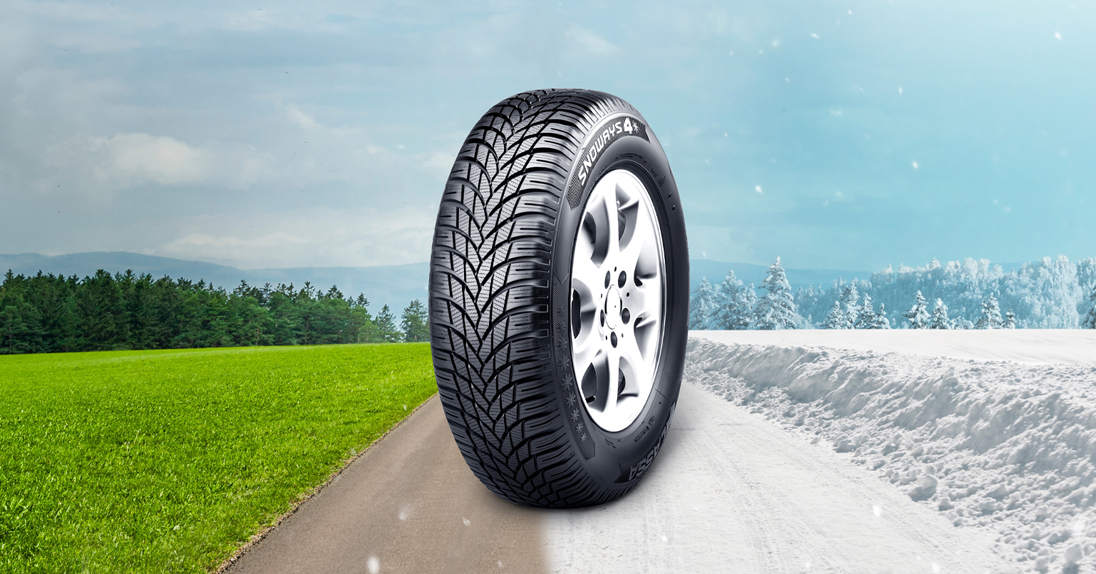All of the tyres are custom-made. From the tread pattern to the sidewall, you'll notice how different they are as you walk down the aisles of your local Lassa. Even the tread compound makes a significant impact. Before you invest in a pair of all-season tyres for the next winter, it's critical to understand the differences between all-season and winter tyres, as well as which kind you'll need to safely traverse rain, snow, ice, and freezing conditions.

In most situations, all-season tyres are intended to provide a smooth, quiet ride. Many all-season tyres perform well in the rain and on bare pavement all year. While all-season tyres may provide grip in light snow and the rare winter storm, they aren't meant for thick snow, ice, or freezing conditions (when temperatures stay below 7 Degrees C). Winter tyres, often known as snow tyres, are intended to withstand lengthy winter conditions such as snow, ice, and slush. In cold conditions, the tread compounds in such tyres remain softer and more flexible. When temperatures drop below 7 degrees Celsius, this enhances traction, handling, and control. Furthermore, the biting edges of snow tyres' deep, broad, and jagged tread retain grip even in the most extreme circumstances. When driving on snowy roads, a winter tyre with studs might provide even more grip.
When you're driving on dry or wet pavement, the correct pair of all-season tyres will keep you safe. They can even survive in moderate winters. When the weather becomes bad and the roads are coated with ice and snow, however, having the proper winter or snow tyres may help you maintain control of your car. This involves halting. Consider this: while embarking on a lengthy trek, a good pair of hiking shoes will assist you in navigating practically any terrain. There was even some snow. When it comes to compacted snow and ice, though, snowshoes are the only option. They're made to withstand the cold.

The answer is contingent on the kind of winter driving you undertake. From November through March, it may be a good idea to put snow tyres on your car. Especially if you spend every weekend in the mountains or if your town is affected severely by winter weather and remains at or near freezing for months at a time.